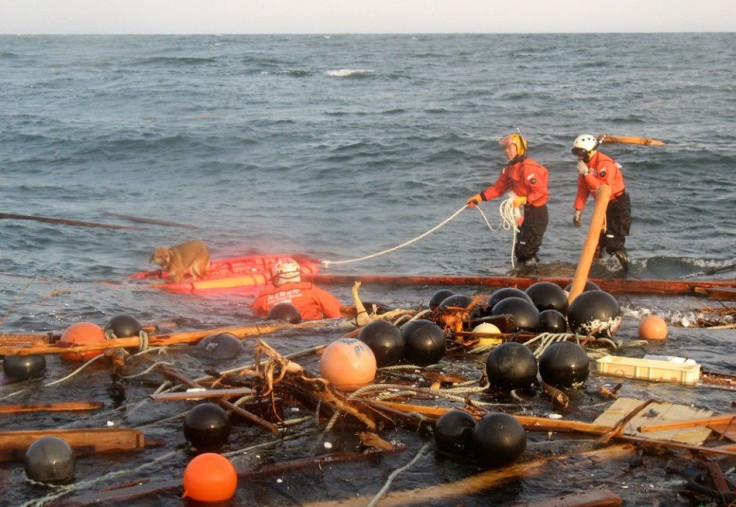Tech Risks? Disasters, Failure To Innovate Rank High: BDO Survey

In 1999, Andrew Grove, then chairman of Intel Corp. (Nasdaq: INTC), the No. 1 chipmaker, published a bestseller, Only the Paranoid Survive.
Now a new survey by BDO USA, the No. 5 accounting firm, generally confirms that technology companies need a dose of paranoia to remain competitive.
Companies can't take anything for granted, said Aftab Jamil, national leader of the firm's technology and life sciences practices. A few years ago, Research in Motion Ltd. (Nasdaq: RIMM) was the world leader in smartphones. Look where they are now.
To remain competitive, management needs to keep developers hard at work on new products, spend cash on acquisitions that fill holes in a portfolio and be mindful of disruptions in the supply chain such as the 2011 Japan earthquake and tsunami, Jamil said.
BDO examined filings of the top 100 U.S. technology companies with the U.S. Securities and Exchange Commission to analyze changes in their legally required reports about risk factors.
While year-over-year changes weren't great, comparisons between 2012 and 2010 in several areas show striking changes.
Back then, only 63 percent of companies listed predicting customer demand and interest, innovation as among the top risk factors. This year, the number rose to 91 percent.
Two years ago, concerns about U.S. and foreign vendor distribution were cited by 75 percent of companies. Now the figure rose to 88 percent.
One of the big reasons was last year's floods in Thailand, Jamil said, which wreaked havoc with disk drive giants such as Seagate Technologies PLC (Nasdaq: STX) and others.
Companies may not care about what happens in Thailand, Jamil said, but the floods there caused orders for PCs to be delayed by contract manufacturers throughout Asia, which later caused problems for vendors such as Hewlett-Packard Co. (NYSE: HPQ) and Dell Inc. (Nasdaq: DELL), the No. 3 PC maker.
The biggest cited risk factor was competition and consolidation, cited by 99 percent of companies, followed by general concerns about the economy, federal and state regulations and failure to develop new products or services.
Meanwhile, Jamil said, some of the huge warchests maintained by the technology giants such as Oracle Corp. (Nasdaq: ORCL), the No. 1 database developer, International Business Machines Corp. (NYSE: IBM) and Microsoft Corp. (Nasdaq: MSFT), the world's biggest software company, come in handy.
There are vast quantities of cash available to these gigantic companies, he said. They can use it to acquire premier technology. Rather than use their own cash for research and development, buying a company that already has a proven technology and customers reduces technology execution risk.
That kind of outlook should ensure that merger and acquisition activity by the biggest companies should maintain its current fast pace, the BDO executive said.
© Copyright IBTimes 2024. All rights reserved.






















